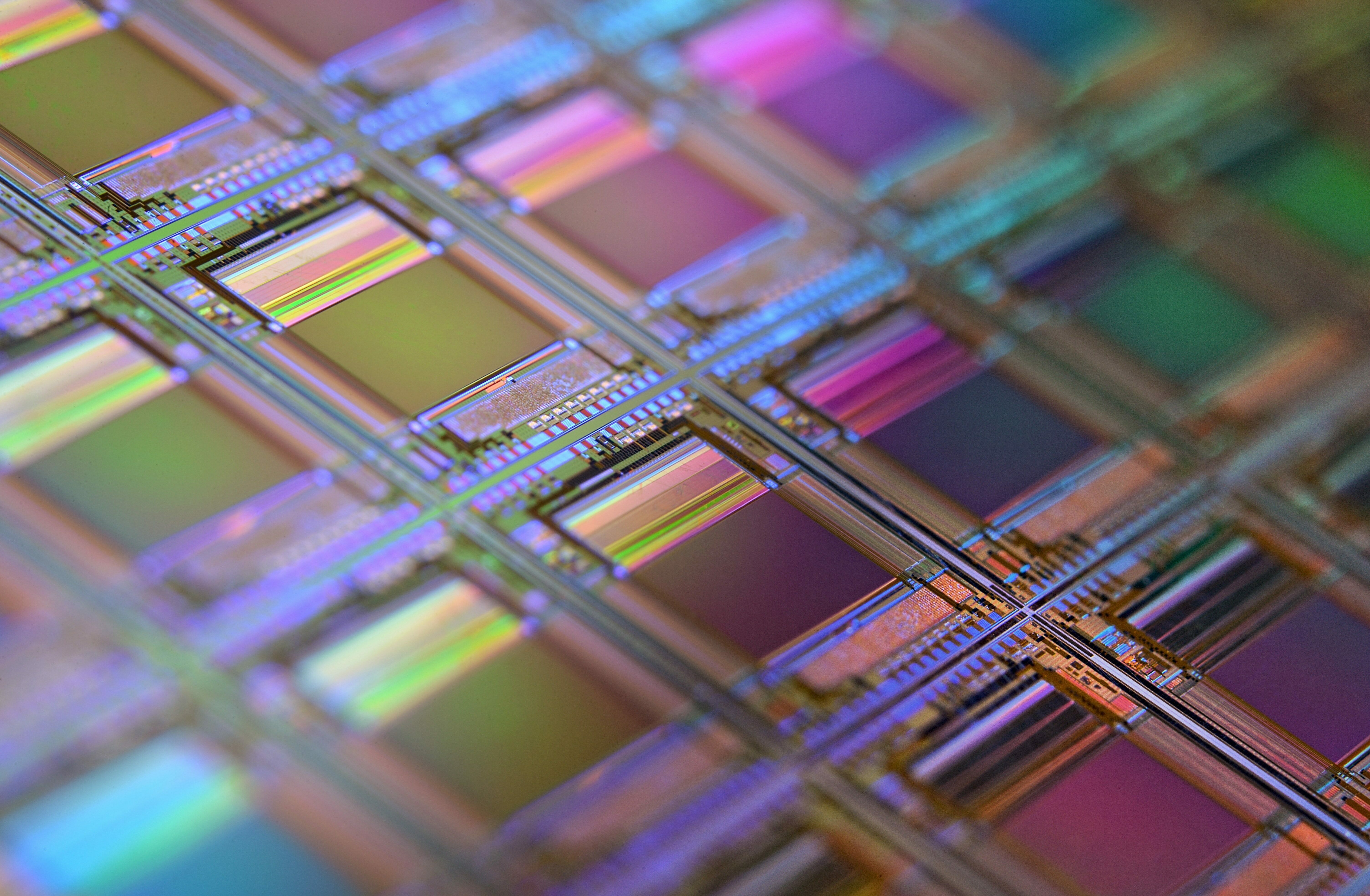Ubiquitous technologies and 5G development. Who is leading the race?
The paper presents an analysis of the patents in the most relevant fields of specialization connected to the 5G development.
Abstract
The introduction of the fifth generation of mobile technology (5G) is expected to bring disruptive changes. These changes will be much more pervasive than any previous introduction of new mobile ‘generations’ and they are expected to influence the whole economy. For this reason, the global rush for 5G technology is not only considered crucial in economic or technological terms, but also for its implications in terms of geopolitics, international policy and national security.
This paper presents an analysis of the patents in the most relevant fields of specialization connected to the 5G development. The period under investigation is from 2010 to 2019, and the data are extracted from the European Patent Office (EPO) and the U.S. Patent and Trademark Office (USPTO) database. The analysis shows how the technologies and the specialisations needed to develop 5G are in the hands of a few countries around the globe, and how single European countries, taken in isolation, are not among those leading players. However, Europe, considered as a whole, competes well with the US and Asia in terms of patented innovations, suggesting the economic and strategic relevance of strengthening cooperation within the EU.
Highlights
- • The debate regarding the 5G development, implementation, and disruptiveness is gathering growing attention.
- • The paper presents an analysis of the patents in the most relevant fields of specialization connected to the 5G development.
- • We study the technological complexity of the 5G ecosystem and the related implications for competition and innovation.
- • There are few countries at the frontier of the technological development of 5G and lagging countries will face many difficulties to cover the gap.








